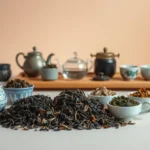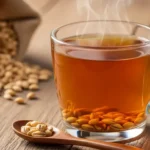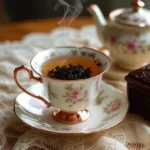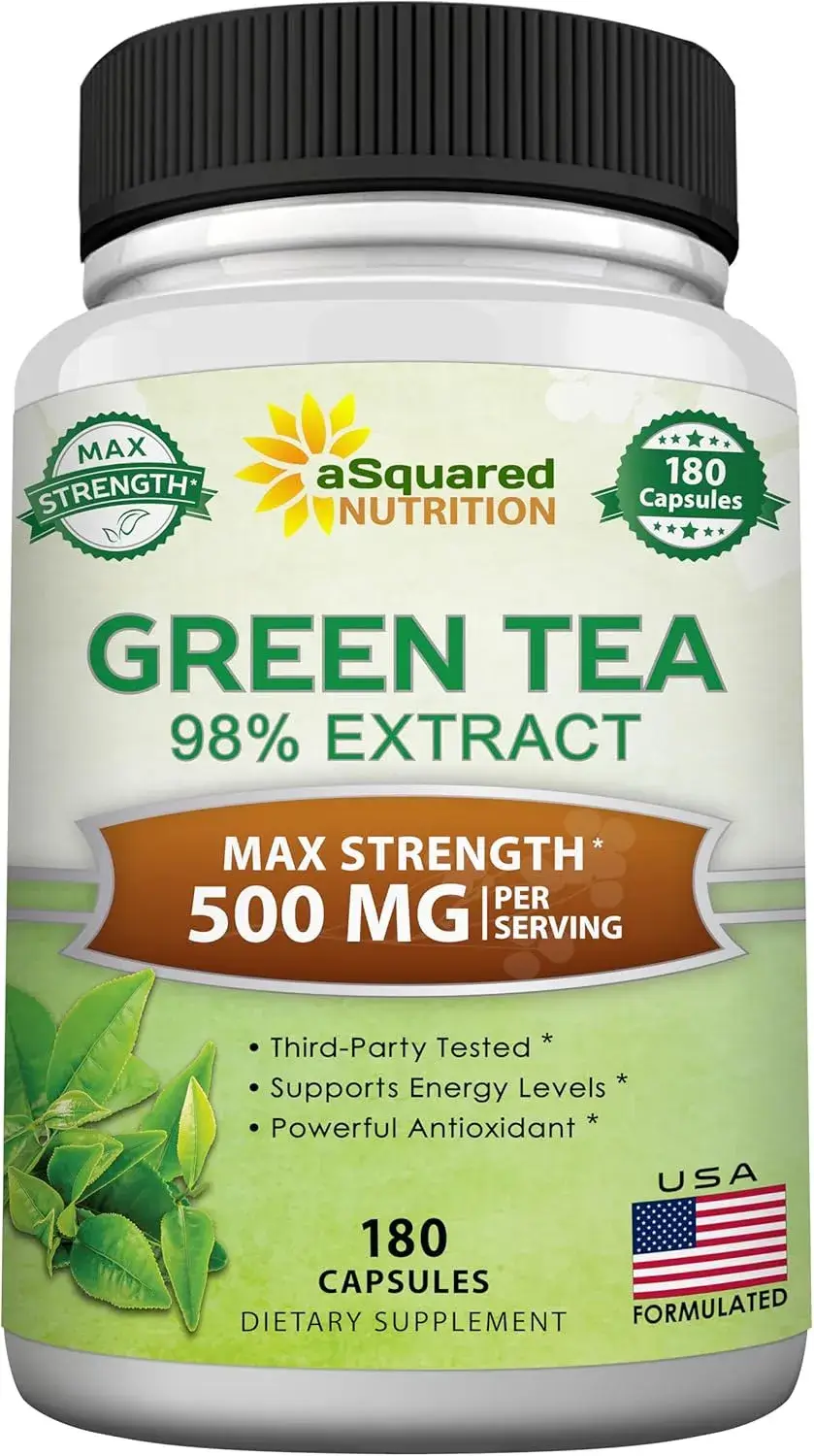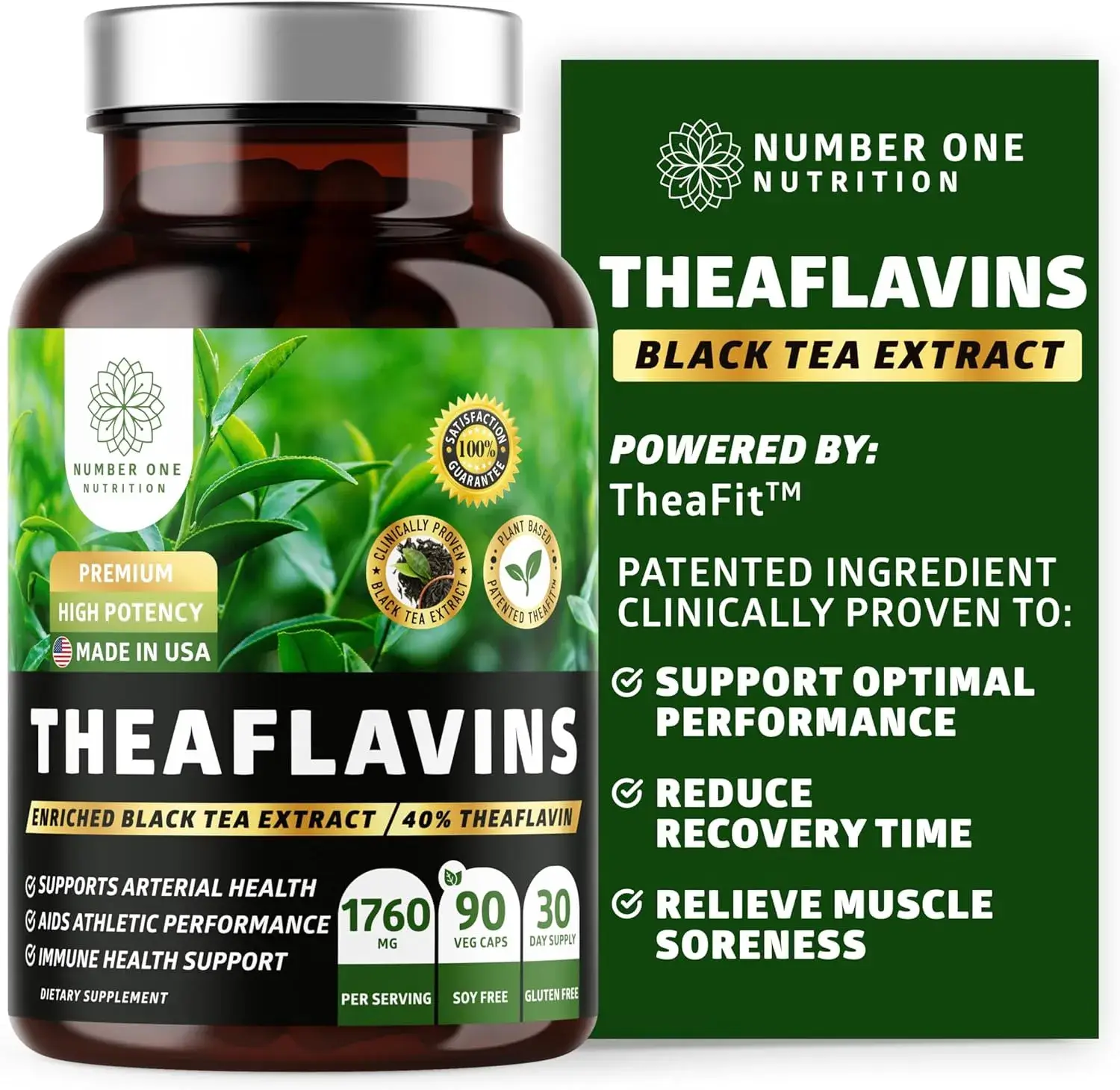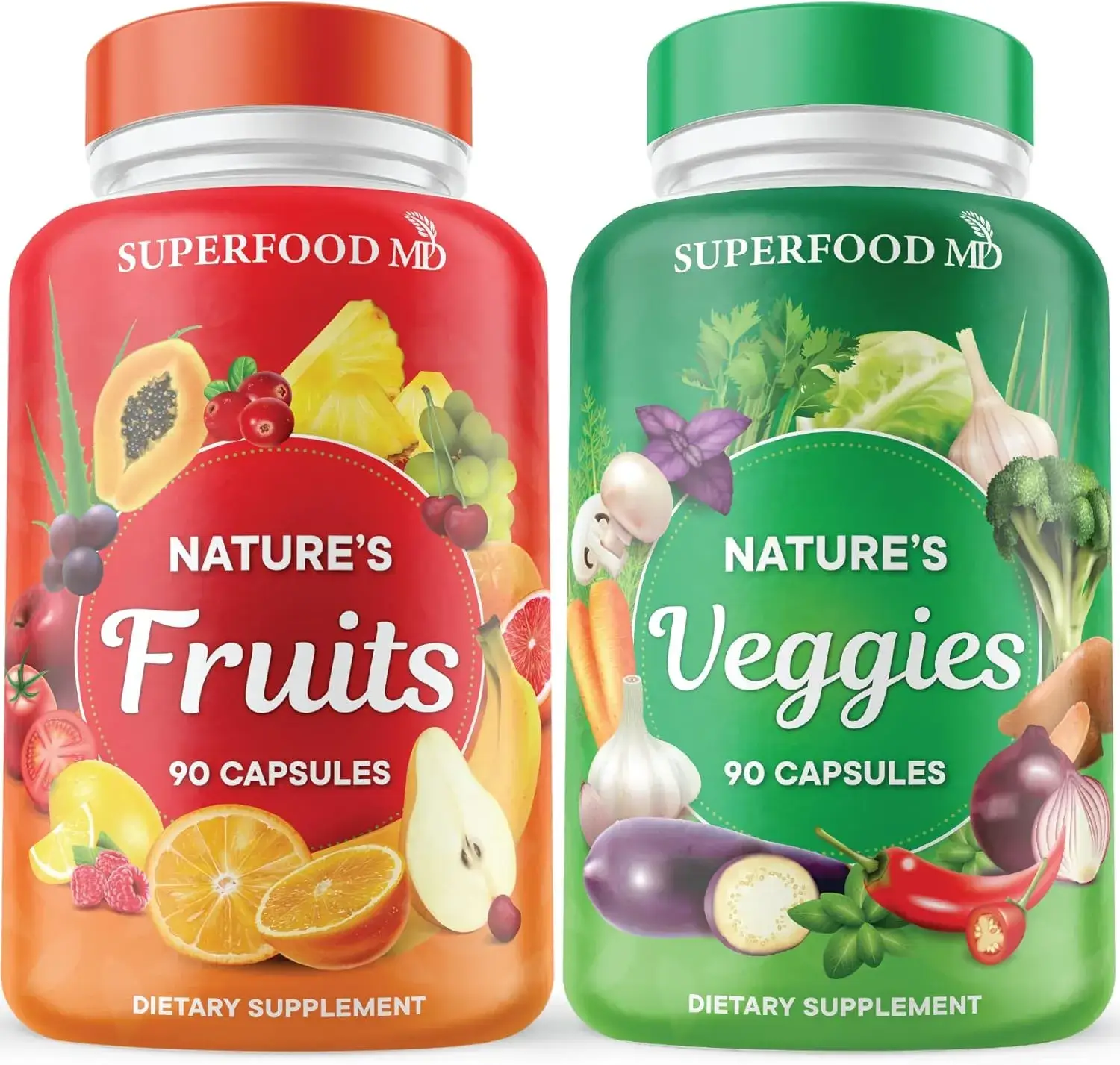Table of Contents
If you’re wondering about sencha tea and its caffeine content, you’re not alone. Many people are curious about how this popular green tea stacks up against other beverages like coffee. Sencha tea is known for its unique flavor and health benefits, but does it have caffeine? Let’s explore the details about sencha tea and its caffeine punch.
Key Takeaways
- Sencha tea does contain caffeine, but typically less than coffee.
- The caffeine content can vary based on factors like brewing time and leaf quality.
- Unlike coffee, sencha provides a smoother energy boost without the jitters.
- L-theanine in sencha can help balance the effects of caffeine for better focus.
- Choosing high-quality sencha can enhance both flavor and caffeine levels.
Understanding Caffeine Content in Sencha Tea
Many people wonder about the caffeine content in green tea, especially in varieties like sencha. It’s a valid question, whether you’re monitoring your caffeine intake or just curious. Let’s break down what you need to know about how much caffeine in sencha tea.
Caffeine Levels Compared to Other Teas
When considering sencha tea vs black tea caffeine, it’s important to note that sencha generally has less caffeine. Black tea usually contains a higher concentration of caffeine compared to green teas like sencha. Here’s a quick comparison:
- Green Tea (Sencha): Typically 20-40mg per 8-ounce serving.
- Black Tea: 40-70mg per 8-ounce serving.
- Coffee: Around 95mg per 8-ounce cup.
Keep in mind that these are average values. The actual caffeine content can vary based on several factors.
Factors Influencing Caffeine in Sencha
Several things affect the caffeine content in sencha. These include:
- Tea Variety: Different types of sencha leaves can have varying caffeine levels.
- Water Temperature: Hotter water extracts more caffeine.
- Steeping Time: Longer steeping times result in higher caffeine extraction.
- Leaf Quantity: More tea leaves mean more caffeine.
Health Benefits of Caffeine in Tea

While some worry about caffeine, it also offers health benefits. The caffeine in sencha can:
- Improve alertness and focus.
- Boost metabolism.
- Enhance physical performance.
It’s all about finding the right balance for your body. Understanding does green tea contain caffeine and how much caffeine in green tea helps you make informed choices. Also, is sencha tea caffeinated? Yes, but usually less than coffee or black tea. The green tea caffeine comparison is important for those watching their intake. Knowing how much caffeine in sencha allows you to enjoy its benefits without overdoing it. The caffeine content in green tea is a key factor for many tea drinkers.
👉 Get your Premium Sencha Tea for ultimate energizing boost 👈
How Sencha Tea Compares to Coffee

Caffeine Content in Coffee vs. Sencha
When it comes to caffeine, coffee usually packs a bigger punch than sencha tea. A typical cup of coffee can have anywhere from 95 to 200 mg of caffeine, while sencha generally contains between 20 to 40 mg per cup. However, the caffeine content in both can vary based on factors like brewing method and the specific type of bean or tea leaf used. It’s important to note that while coffee delivers a higher dose of caffeine, sencha offers a more moderate and sustained release. The difference between sencha vs matcha caffeine is also important to note, as matcha tends to have a higher caffeine content than sencha.
Energy Boost Without the Jitters
One of the main reasons people choose sencha over coffee is the type of energy boost it provides. Coffee can often lead to jitters and a subsequent crash due to its high caffeine content. Sencha, on the other hand, offers a gentler, more sustained energy lift. This is largely thanks to the presence of L-theanine, an amino acid that promotes relaxation and can counteract some of the negative side effects of caffeine. Many people find that sencha provides a focused and calm alertness, making it a great option for those sensitive to the effects of coffee.
Long-Lasting Effects of Tea Caffeine
While coffee might give you a quick jolt, the effects of caffeine from tea, including sencha, tend to be more gradual and last longer. This is because the caffeine in tea binds to tannins, which slows down its absorption into the bloodstream. So, does sencha boost energy? Yes, but in a way that’s different from coffee. The green tea vs sencha caffeine difference is minimal, but both offer a more sustained release compared to coffee. If you’re looking for a steady and prolonged energy source without the peaks and crashes, sencha might be your ideal choice. Also, if you’re wondering is sencha tea energizing, the answer is yes, but in a more balanced way than coffee.
Switching from coffee to sencha can be a game-changer for those looking to reduce caffeine-related anxiety or sleep disturbances. The lower caffeine content and the presence of L-theanine make it a more manageable and sustainable energy source throughout the day.
Here’s a quick comparison table:
| Feature | Coffee | Sencha Tea |
|---|---|---|
| Caffeine Content | 95-200 mg/cup | 20-40 mg/cup |
| Energy Boost | Quick, intense | Gradual, sustained |
| Jitters | More likely | Less likely |
| Crash | More common | Less common |
Brewing Techniques for Maximum Caffeine

So, you want to get the most caffeine out of your sencha? It’s not just about throwing some leaves in hot water. A few tricks can really change how much of a kick you get. Let’s get into it.
Optimal Brewing Time for Sencha
Steeping time is super important. The longer you steep, the more caffeine you’ll extract. But be careful! Too long, and you’ll end up with a bitter brew. Here’s a quick guide:
- Short Steep (1-2 minutes): Less caffeine, milder flavor. Good for a quick, gentle boost.
- Medium Steep (2-3 minutes): Balanced caffeine and flavor. A solid choice for most days.
- Long Steep (3-5 minutes): Maximum caffeine extraction. Use this when you really need to focus.
Water Temperature and Its Impact
Temperature matters a lot. Too hot, and you’ll burn the leaves, making the tea bitter. Too cold, and you won’t get enough caffeine out. Aim for around 160-175°F (70-80°C). I usually just let the kettle sit for a minute or two after boiling.
Loose Leaf vs. Tea Bags
Loose leaf is the way to go if you want the best flavor and caffeine extraction. Tea bags often contain broken leaves and dust, which don’t release as much caffeine. If you have to use tea bags, look for bigger ones that give the leaves more room to expand. I’ve found that the larger tea sachets or pouches tend to have full leaves, and the extra space allows them to expand. With the extra space, the leaves fully infuse flavor, caffeine and healthy compounds when they steep.
Experiment with different brewing times and temperatures to find what works best for you. Everyone’s taste is different, so don’t be afraid to tweak things until you get the perfect cup.
👉 Discover the Best Sencha Tea deals to uplift mornings 👈
The Role of L-Theanine in Sencha Tea

Balancing Caffeine with Relaxation
Sencha tea offers a unique combination: caffeine for alertness and L-theanine for relaxation. This amino acid is known to promote a sense of calm without drowsiness, which is one of the key benefits of sencha tea. It’s like getting the best of both worlds – a gentle energy boost coupled with a relaxed state of mind.
Effects on Mental Acuity
L-theanine doesn’t just relax you; it can also sharpen your mind. Studies suggest that it works synergistically with caffeine to improve focus and cognitive performance. This means you might find yourself more productive and less jittery compared to drinking coffee. The health benefits of sencha tea are really quite something.
How L-Theanine Enhances Caffeine
L-theanine seems to modulate the effects of caffeine, smoothing out the energy curve and reducing the likelihood of a crash. It’s thought to do this by increasing alpha brain wave activity, which is associated with a relaxed but alert state. This is why many people find the caffeine in sencha tea to be more manageable and sustained than the caffeine in coffee. The benefits of sencha tea are really quite something. The health benefits of sencha tea are really quite something.
L-Theanine is a non-protein amino acid that is found primarily in green and black tea. It has been shown to promote relaxation without causing drowsiness, and it may also improve cognitive function. It’s a pretty cool compound, if you ask me.
Choosing the Right Sencha Tea

Identifying High-Caffeine Varieties
Okay, so you’re on the hunt for sencha with a caffeine kick? It’s not always obvious which ones pack the most punch. Generally, the younger leaves (first harvest) tend to have more caffeine. Also, look for deeper green teas; they often indicate a higher concentration of, well, everything, including caffeine. It’s a bit of a guessing game, but those are good starting points.
Organic vs. Non-Organic Sencha
Does organic sencha have more or less caffeine? Honestly, it’s not really about the caffeine content. The main difference is in how it’s grown. Organic sencha is cultivated without synthetic pesticides and fertilizers, which some people prefer for health and environmental reasons. Caffeine levels depend more on the tea variety and how it’s processed, not whether it’s organic or not.
Reading Labels for Caffeine Content
Ugh, tea labels. They can be so vague! Most sencha packages won’t give you an exact caffeine number, which is annoying. But here’s what you can look for:
- Origin: Teas from certain regions might be known for higher caffeine.
- Harvest: “First flush” or “spring harvest” often means more caffeine.
- Processing: Steamed teas (like sencha) can retain more caffeine than others.
It’s a bit of a treasure hunt, but with a little label-reading savvy, you can at least narrow down your options. Don’t be afraid to experiment and see what works for you. After all, finding the perfect sencha is a personal journey!
Here’s a table to help you compare:
| Feature | Organic Sencha | Non-Organic Sencha |
|---|---|---|
| Pesticides | No synthetic pesticides | May contain synthetic pesticides |
| Fertilizers | Natural fertilizers | Synthetic fertilizers possible |
| Caffeine Level | Depends on variety and processing | Depends on variety and processing |
| Environmental Impact | Generally lower environmental impact | Potentially higher environmental impact |
| Price | Often more expensive | Often less expensive |
👉 Try Top‑Rated Sencha Tea blends for smooth vibrant flavor 👈
Potential Side Effects of Caffeine in Sencha

Sencha tea, while offering numerous benefits, does contain caffeine, and it’s important to be aware of the potential side effects. Most people can enjoy sencha without issue, but individual sensitivities vary.
Understanding Caffeine Sensitivity
Some people are simply more sensitive to caffeine than others. This can be due to genetics, body weight, or pre-existing health conditions. If you’re new to sencha, start with a small amount to gauge your reaction. Common signs of caffeine sensitivity include:
- Increased heart rate
- Anxiety or nervousness
- Difficulty sleeping
- Digestive issues
Signs of Overconsumption
Even if you aren’t particularly sensitive to caffeine, consuming too much sencha can lead to unpleasant side effects. It’s all about moderation. Here’s what to watch out for:
- Jitters and shakiness
- Headaches
- Dizziness
- Irritability
- Frequent urination
Managing Caffeine Intake
If you experience any of these side effects, it’s a good idea to cut back on your sencha consumption. Here are a few tips for managing your caffeine intake:
- Pay attention to serving sizes. A typical serving of sencha is about 8 ounces.
- Avoid drinking sencha close to bedtime.
- Consider switching to a lower-caffeine tea or a decaf option in the afternoon or evening.
It’s worth noting that caffeine affects everyone differently. What works for one person might not work for another. Listen to your body and adjust your sencha consumption accordingly. If you have any concerns, talk to your doctor.
Caffeine Myths and Facts About Sencha Tea

Common Misconceptions About Tea Caffeine
It’s easy to get turned around when it comes to caffeine in tea, especially sencha. One of the biggest myths is that green tea, including sencha, is caffeine-free. This simply isn’t true. While it generally has less caffeine than coffee, sencha definitely contains caffeine. Another common misconception is that all green teas have the same caffeine level. This isn’t the case either; factors like the tea plant variety, growing conditions, and brewing method all play a role.
Scientific Insights on Tea and Caffeine
Scientific research has shed light on how caffeine interacts with our bodies when consumed through tea. For example, the presence of L-theanine in sencha can modify caffeine’s effects, leading to a smoother, more sustained energy boost compared to coffee. Studies also show that the way tea is processed can significantly impact its caffeine content. Shading tea plants before harvest, a practice used for some high-quality sencha, can actually increase caffeine levels as the plant produces more caffeine as a defense mechanism.
Caffeine Tolerance and Tea Consumption
Caffeine tolerance varies greatly from person to person. Some people can drink several cups of sencha without any noticeable effects, while others might experience jitters or sleep disturbances after just one cup. Factors like body weight, genetics, and regular caffeine consumption all influence tolerance. It’s important to listen to your body and adjust your sencha intake accordingly. If you’re new to sencha, start with smaller amounts and gradually increase as needed. Also, keep in mind that consistent consumption of caffeinated beverages can lead to increased tolerance over time.
It’s worth noting that even ancient tea masters understood the importance of balance. Legend has it that Lu Yu, the author of The Classic of Tea, consumed so much tea that he suffered from insomnia. This serves as a reminder that even with the health benefits of tea, moderation is key.
Here are some things to consider:
- Start with small amounts to assess your tolerance.
- Pay attention to how your body responds to sencha.
- Avoid drinking sencha close to bedtime if you’re sensitive to caffeine.
👉 Unlock Top Sencha Tea benefits with every refreshing cup 👈
Wrapping It Up: Sencha Tea and Caffeine
So, does Sencha tea give you that caffeine kick? The answer is yes, but it’s not as intense as a cup of coffee. Sencha, made from young tea leaves, has a decent amount of caffeine, usually around 30-50 milligrams per cup. That’s enough to help you feel alert without the jitters that coffee can bring. Plus, it comes with the added benefits of antioxidants and a smoother energy boost. If you’re looking for a way to cut back on coffee but still want a little pick-me-up, Sencha might just be your new go-to. Just remember, everyone’s caffeine tolerance is different, so it’s all about finding what works best for you.
Frequently Asked Questions
What is the caffeine content in Sencha tea?
Sencha tea usually has about 30-50 milligrams of caffeine per cup, which is less than coffee but more than many herbal teas.
How does Sencha tea’s caffeine compare to coffee?
A typical cup of coffee has around 95 milligrams of caffeine, so Sencha tea has less caffeine but provides a steadier energy boost.
What factors affect the caffeine levels in Sencha tea?
The caffeine in Sencha tea can be influenced by how the tea leaves are grown, picked, and processed.
Can I increase the caffeine content in my Sencha tea?
Yes, you can brew Sencha for a longer time or use hotter water to extract more caffeine.
What are the health benefits of caffeine in Sencha tea?
Caffeine in Sencha can help improve focus, boost energy, and may even enhance mood.
Are there any side effects of caffeine in Sencha tea?
Some people might feel jittery or anxious if they drink too much caffeine, so it’s good to know your limits.

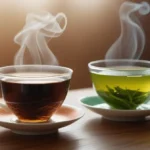



![Jasmine Tea vs Green Tea Benefits: Which Gives Better Health Results? [2025] jasmine tea vs green tea benefits](https://www.goteaworld.com/wp-content/uploads/2025/09/jasmine-tea-vs-green-tea-benefits-150x150.webp)

